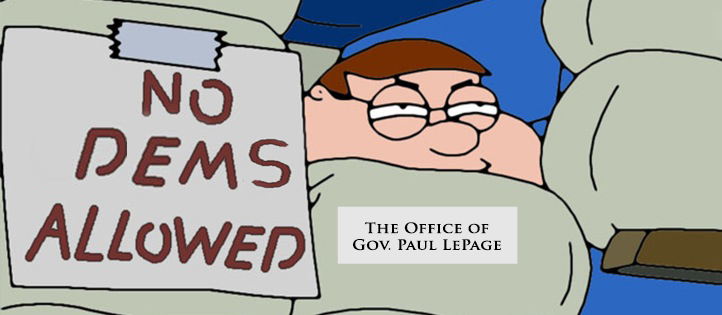In less than one week, the people of Greece are scheduled to vote on a referendum on whether or not to accept the terms from the European Central Bank and European Commission leaders and the IMF to receive more help on meeting its debt obligations.
The terms are not particularly favorable (read: pretty terrible), and the government of Greece is urging a no vote. But Greece is also about to run out of money and go into default and probably be forced out of the eurozone, because the European leaders and IMF aren’t planning to change the terms or provide emergency funds even with a no vote.
So, there are likely to be brutal consequences coming either way the referendum goes. The average people in Greece will continue to suffer the most.
They were the victims of a lot of really irresponsible people — creditors and European leaders as well as Greece’s own past leaders — putting abstract finance and personal enrichment over human lives.
But within all the blame going around, I still remain most frustrated by the present-day handling of the situation from the European Union leaders. The lines below captured a lot of my feelings.
“The moral crusade against Greece must be opposed” by Zoe Williams for The Guardian:
The vision that Syriza swept to power on was that if you spoke truth to the troika plainly and in broad daylight, they would have to acknowledge that austerity was suffocating Greece. They have acknowledged no such thing. Whatever else one could say about the handling of the crisis, and whatever becomes of the euro, Sunday will be the moment that unstoppable democracy meets immovable supra-democracy. The Eurogroup has already won: the Greek people can vote any way they like – but what they want, they cannot have.
[…]
The euro was founded on the idea that the control of currency was apolitical. It has destroyed that myth, and taken democracy down with it.
These talks did not fail by accident. The Greeks have to be humiliated, because the alternative – of treating them as equal parties or “adults”, as Lagarde wished them to be – would lead to a debate about the Eurogroup: what its foundations are, what accountability would look like, and what its democratic levers are – if indeed it has any. Solidarity with Greece means everyone, in and outside the single currency, forcing this conversation: the country is being sacrificed to maintain a set of delusions that enfeebles us all.





